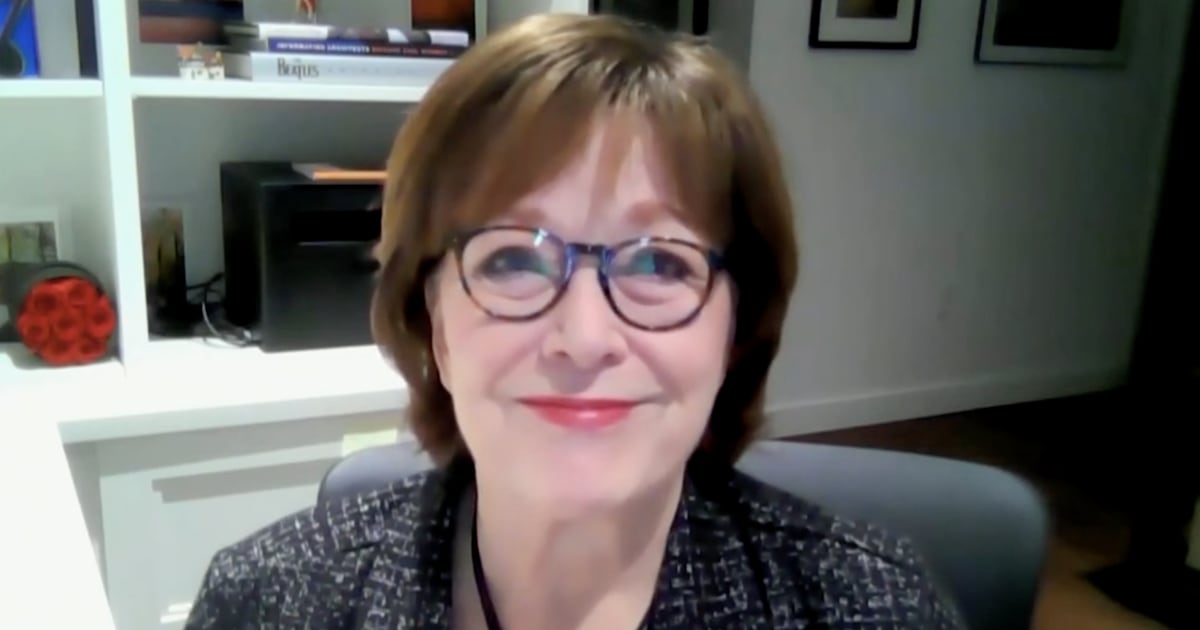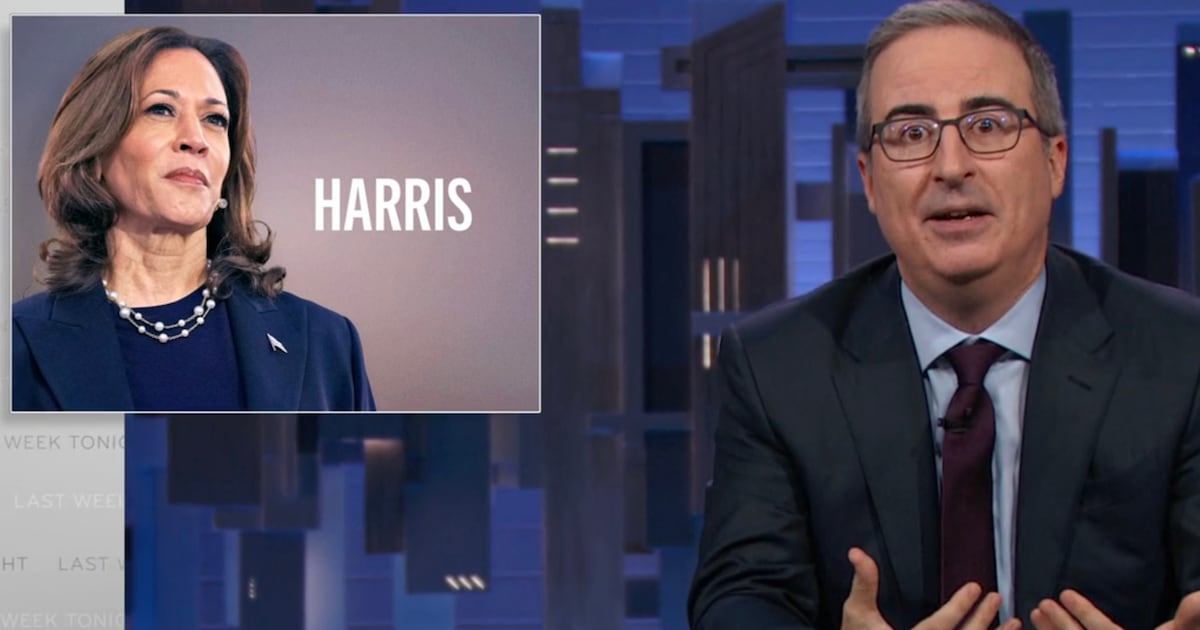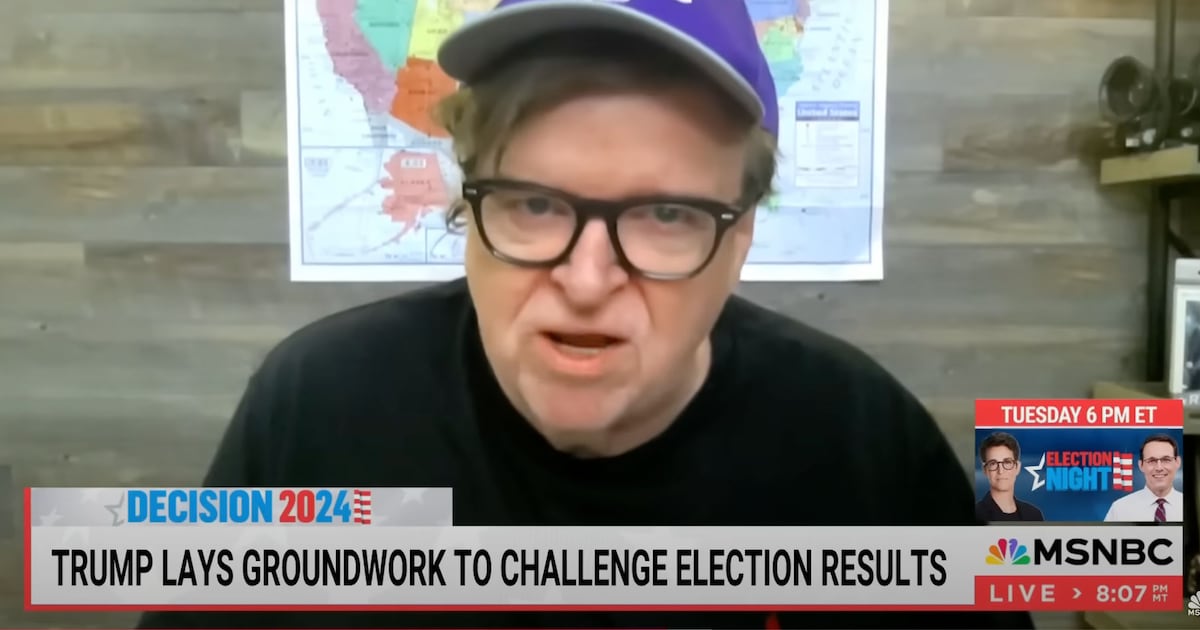There’s a new culture war in town. One side says the other embodies racism, sexism, and xenophobia of such potency that our democracy is in jeopardy. The other fires back that political correctness, more than any of those -isms, endangers Americans’ lives.
This will be a central tension over the next four years. And at the National Press Club on Tuesday, two warring groups fired the battle’s opening shots.
At issue were questions of what kind of rights the Constitution protects and what it means to be American. And on top of that, one of the groups—which could have substantial influence on the Trump administration—argues the other should lose its tax-exempt status. If Donald Trump’s IRS commissioner takes on this task, then the ideological cold war could get hot, fast.
ADVERTISEMENT
It’s obvious to anyone with a pulse that elected politicians in the Republican and Democratic parties will be at each others’ jugulars as Trump unrolls his agenda. But some of the most consequential fights will happen off the Hill, between groups vying to dominate media narratives and shape how Americans see their country.
In the First Amendment Room was Federation for American Immigration Reform (FAIR), an organization that for decades has pushed for less legal immigration and tougher enforcement of existing immigration laws.
Around the corner a few hours earlier, in the 4th Estate Room, was a press conference hosted by the Southern Poverty Law Center (SPLC), which documents groups and individuals it believes are covertly pushing extremist agendas antithetical to civil rights.
The two groups were within feet of each other, in the same building, but during those hours FAIR and the SPLC might as well have been describing different planets.
At 9:30 a.m., the SPLC rolled out a report, “Ten Days After: Harassment and Intimidation in the Aftermath of the Election.” Trump’s election, they argued, has emboldened violent racists and weaponized their prejudices, resulting in 867 of what they call “hate incidents.” Trump needs to rein in his rhetoric and abandon his commitment to mass deportations, argued SPLC head Richard Cohen, who was flanked by Randi Weingarten of the American Federation of Teachers, Janet Murguía of the National Council of La Raza, Brenda Abdelall of Muslim Advocates, and Wade Henderson of the Leadership Conference.
Since Trump’s victory, their report read, there has been “a national outbreak of hate, as white supremacists celebrate Donald Trump’s victory.” The room was packed with reporters.
A few hours after the SPLC event ended, FAIR President Dan Stein kicked off a talk on immigration—also to a full house. But while the SPLC argued Trump’s election meant immigrants are in danger, Stein suggested the president-elect may be too soft on them. The next administration, Stein’s report said, needs to secure the border to the north as well as the south. It needs to eliminate birthright citizenship (which, it said, is “based on a misinterpretation of the 14th Amendment” and is a “magnet for illegal immigration”). And it needs to direct Immigrations and Customs Enforcement to hold surprise inspections of worksites that might employ undocumented immigrants.
But these groups don’t just disagree on ideology and policy; to the extent that a fight between organizations can be personal, theirs is. The SPLC puts FAIR on its list of extremist groups, right up there with the Knights of the Ku Klux Klan and Stormfront, pointing to the population-control and racist inclinations of FAIR’s founder, John Tanton, and its ties to white supremacists.
The SPLC has long faced criticism from the right for using what many argue is an overly expansive definition of extremism. For instance, Maajid Nawaz, a Daily Beast contributor and Muslim who writes about the dangers of radicalism, recently made the group’s list of Anti-Muslim Extremists—a move that generated substantial backlash.
But FAIR has gone further than just criticizing the SPLC; the group announced last week that it plans to push the IRS to revoke the group’s tax-exempt status.
“The SPLC continues to state that FAIR has ties to people it has no ties to, is interested in things it’s not interested in, and is working for ends it’s not working toward,” said Stein in a statement released Nov. 23.
“For a huge range of reasons, the SPLC deserves to lose its tax status as a 501(c)(3) operation,” he added, promising to list a 100-page complaint arguing the group is “a campaign operation for one political party and nothing more.”
The SPLC, of course, disputes that.
“FAIR is threatening to file a complaint against us with the IRS for one reason and one reason alone—it’s upset that we’ve exposed it for the hate group that it is, and it wants to silence us,” Cohen said in a statement pushing back.
Under normal circumstances, threats to complain to the IRS about a despised group wouldn’t be particularly newsy. But FAIR has allies in the highest ranks of Trump’s incoming administration, particularly Attorney General nominee Jeff Sessions, who is a fixture at the group’s annual “Hold Their Feet to the Fire” talk-radio event. (For what it’s worth, the SPLC also dubs Sessions a “champion of anti-Muslim and anti-immigrant extremists.” And Trump himself has cited FAIR’s research to defend his calls for more deportations. The group is likely to hold significant sway in the Trump White House.
So the dispute between FAIR and the SPLC is a proxy fight between Trump’s most hardline supporters and most dogged dissenters. It’s a fight that will play out in countless ways over the next four years. And Tuesday was just the beginning.





